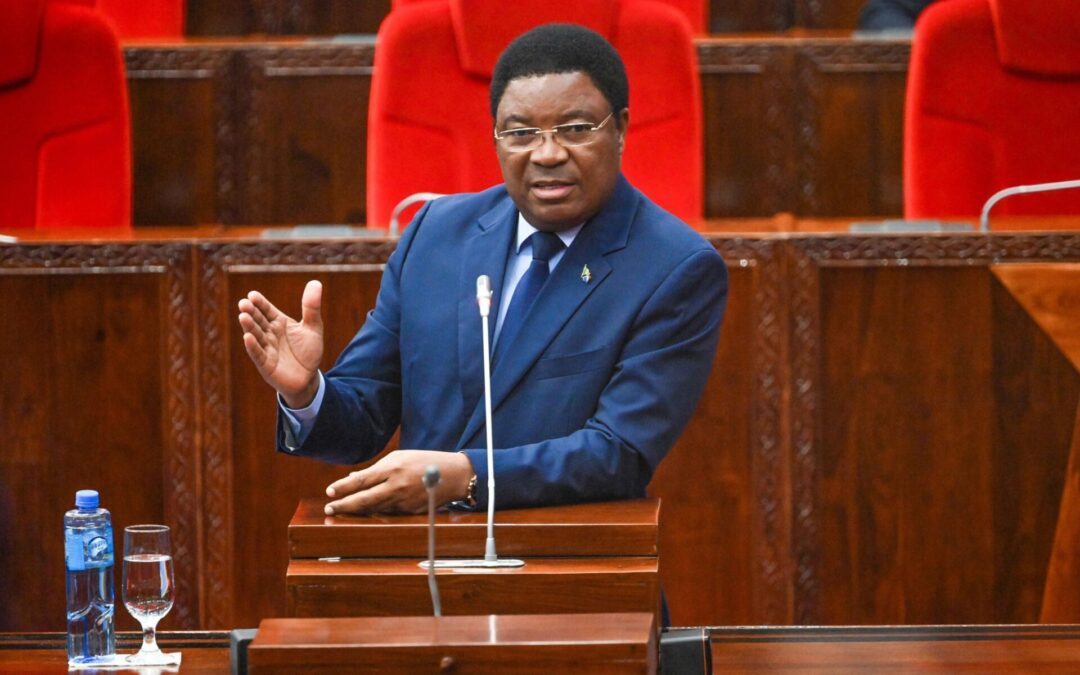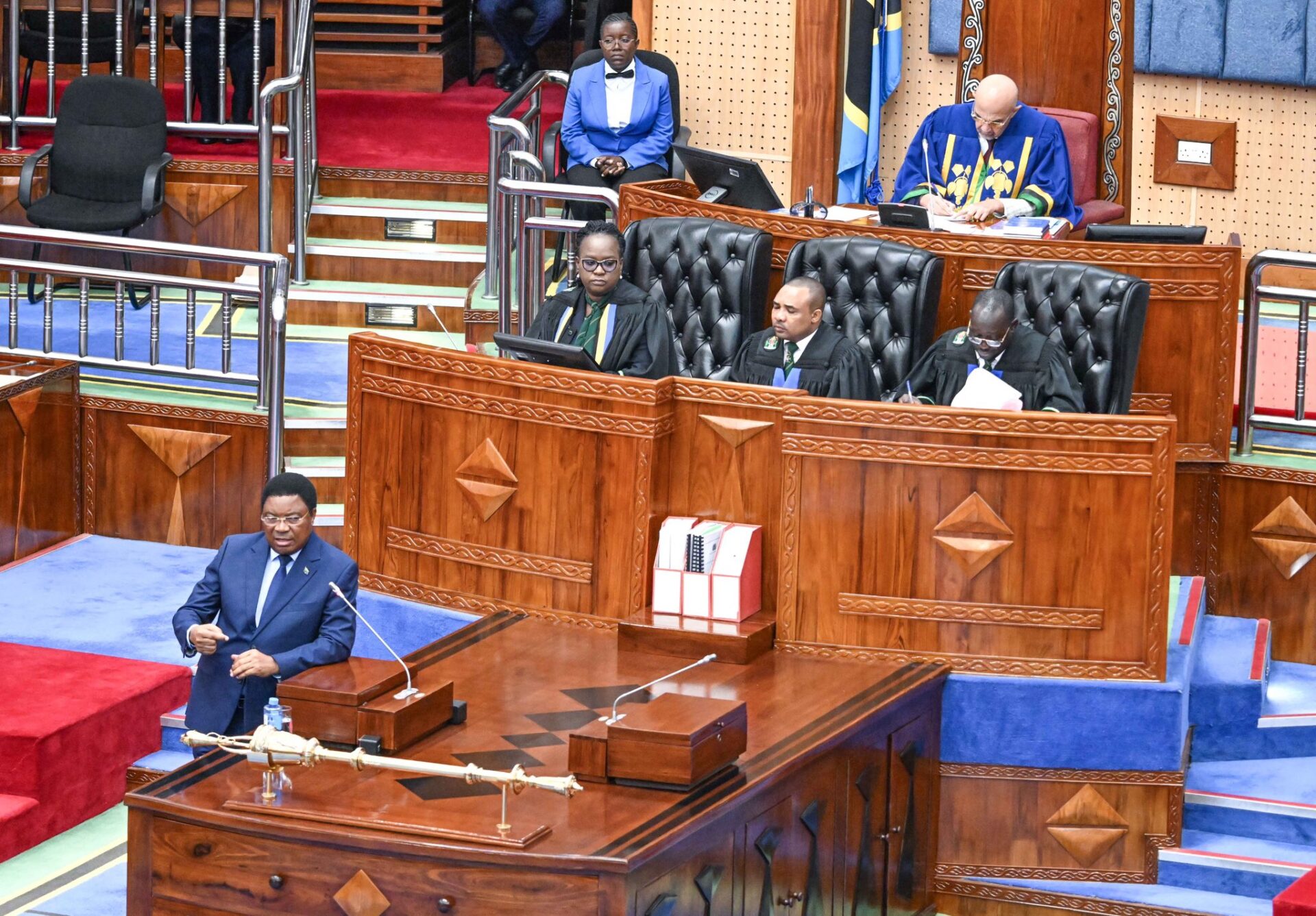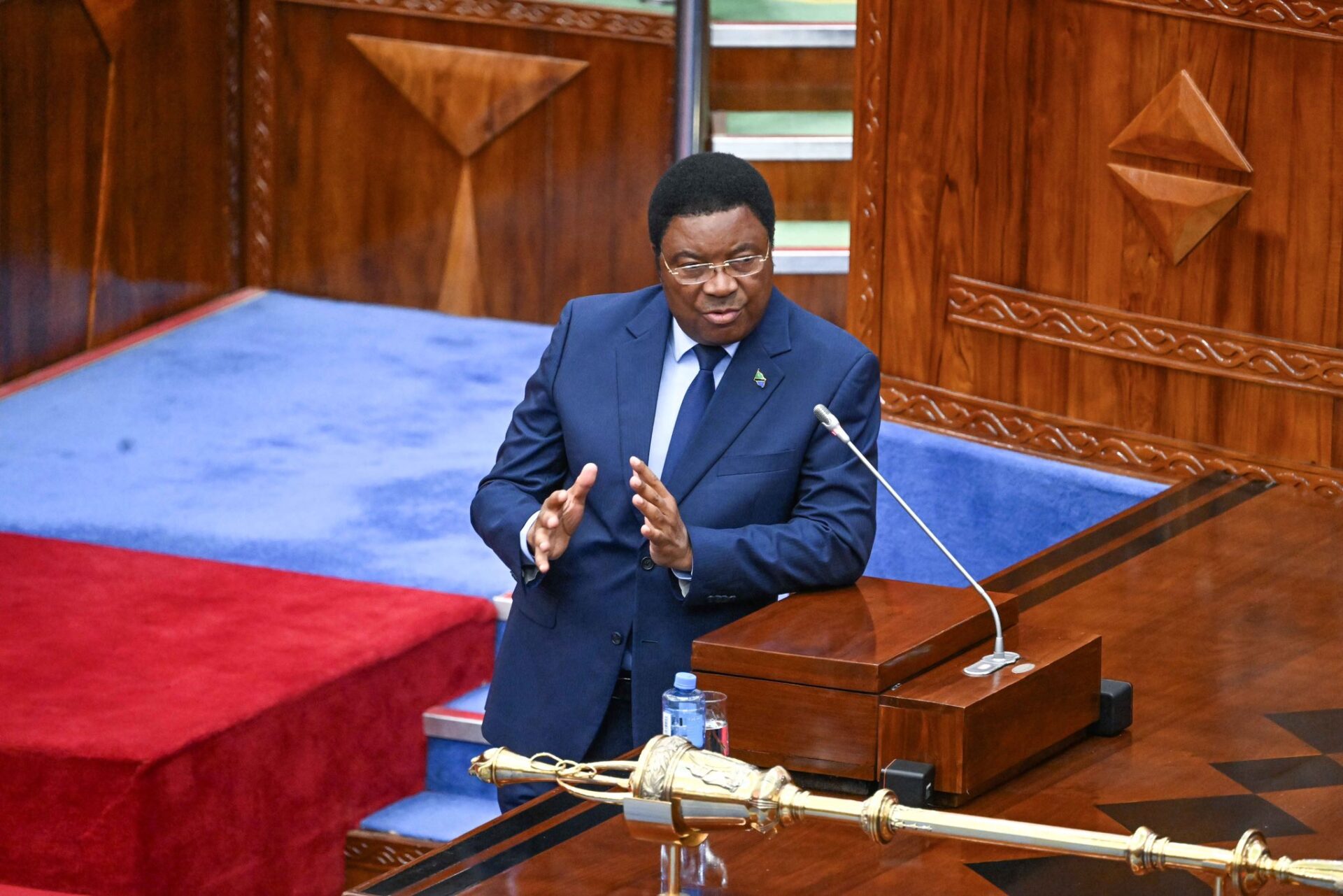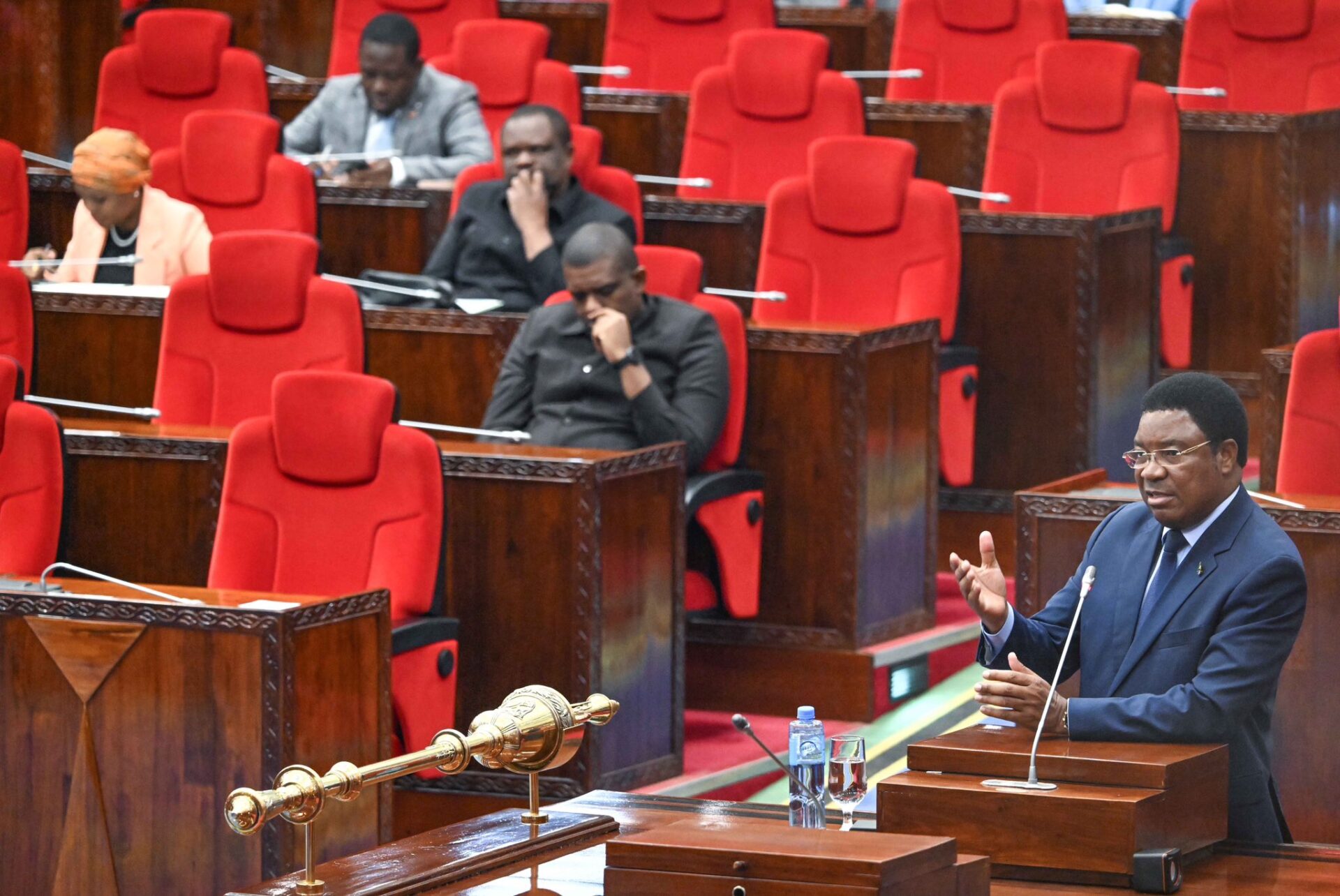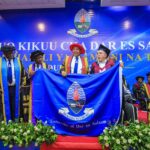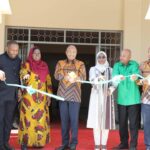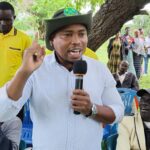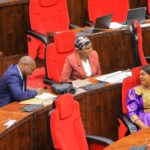On the 16th of May, 2024, the Tanzanian Parliament in Dodoma was a hub of activity as Prime Minister Kassim Majaliwa assumed the role of a central figure in responding to a series of pressing questions from members of parliament. The session, characterised by its immediacy and the gravity of the issues discussed, demonstrated the government’s commitment to transparency and accountability. Tanzania Media provides a comprehensive account of the proceedings, encapsulating the essence of the dialogue between the Prime Minister and the nation’s elected representatives.
The session commenced with the Speaker of Parliament inviting Prime Minister Majaliwa to the podium. The atmosphere was palpably charged with anticipation as members of parliament prepared to engage with the head of government on a plethora of national concerns.
The initial question posed to the Prime Minister pertained to the government’s strategy to reinforce the economy in the context of global financial challenges. The Prime Minister, Majaliwa, presented a comprehensive overview of the government’s multifaceted approach to economic resilience. He emphasised the importance of sustainable development, investment in infrastructure, and the fostering of a conducive environment for both local and foreign investment. He proceeded to delineate the ongoing projects and future plans designed to stimulate economic growth and ensure stability.
Subsequently, the discourse shifted to the healthcare sector. Members of Parliament (MPs) expressed concerns regarding the accessibility and quality of healthcare services provided to citizens. In response, the Prime Minister provided a comprehensive overview of the government’s healthcare initiatives, including the expansion of health insurance coverage, the construction of new healthcare facilities, and the recruitment and training of medical professionals to bridge the gap in service delivery.
The discussion did not neglect the subject of education, which is regarded as a cornerstone of national development. In response to questions regarding the state of the education system, the Prime Minister articulated the government’s commitment to improving educational standards. He also drew attention to recent reforms, such as the revision of the curriculum to better equip students with skills relevant to the evolving job market, and the investment in teacher training to enhance the quality of instruction.
The session also addressed the issue of national security, with members of parliament seeking reassurance regarding the measures in place to safeguard the country’s peace and stability. The Prime Minister reassured the Parliament of the government’s vigilance and the effectiveness of its security apparatus. He emphasised the significance of regional collaboration in addressing transnational threats and the ongoing modernisation of the security apparatus.
Agriculture, representing a significant proportion of Tanzania’s economy, was a key topic of discussion. Members of Parliament inquired about the government’s support for smallholder farmers and the strategies to increase agricultural productivity. The Prime Minister’s response illuminated the government’s initiatives to facilitate farmers’ access to high-quality seeds, fertilisers, and contemporary farming techniques. Furthermore, he highlighted the establishment of agricultural support centres and the enhancement of irrigation systems with the objective of ensuring year-round farming.
The session was not without its contentious moments, as members of parliament questioned the government’s stance on corruption and public accountability. The Prime Minister reaffirmed the government’s zero-tolerance policy towards corruption, citing recent prosecutions and the strengthening of anti-corruption bodies as evidence of their resolve. He called for a collective effort in combating corruption, emphasizing that it is a societal vice that hinders national progress.
As the session drew to a close, the Prime Minister addressed questions on environmental conservation and climate change. The Prime Minister proceeded to delineate the government’s environmental policies, which encompass reforestation initiatives, wildlife protection measures, and the promotion of renewable energy sources. He underscored the necessity of reconciling economic growth with environmental stewardship if the country is to secure a sustainable future for all its citizens.
The engagement of Prime Minister Kassim Majaliwa with members of parliament during the immediate question session was a clear indication of the government’s commitment to addressing the concerns of its citizens through dialogue and action. The session provided valuable insights into the government’s plans and policies across various sectors, reflecting a holistic approach to governance. As Tanzania continues to navigate the complexities of the 21st century, such interactions between the government and parliament remain crucial in shaping a responsive and forward-looking administration.
The responses of the Prime Minister were not only informative but also indicative of a leadership style that is both aware of and responsive to the pressing issues facing the nation. The session in Parliament on the 16th of May, 2024, served as a forum for accountability and set a precedent for future engagements between the government and the people’s representatives. Such transparent exchanges serve to reinforce the foundations of a robust democracy, thereby paving the way for a prosperous and equitable Tanzania.
Tanzania Media
- Tanzanian Women’s Football Derby: Yanga Princess Stuns Simba Queens with 1-0 Victory - 25 March 2025
- Tanzania’s Parliamentary Debate 2025: Addressing Infrastructure, Water Access, and Environmental Challenges - 25 March 2025
- Tanzania’s Vision for Inclusive Growth: Insights from the Ministry of Community Development’s 2024/2025 Budget - 24 March 2025

